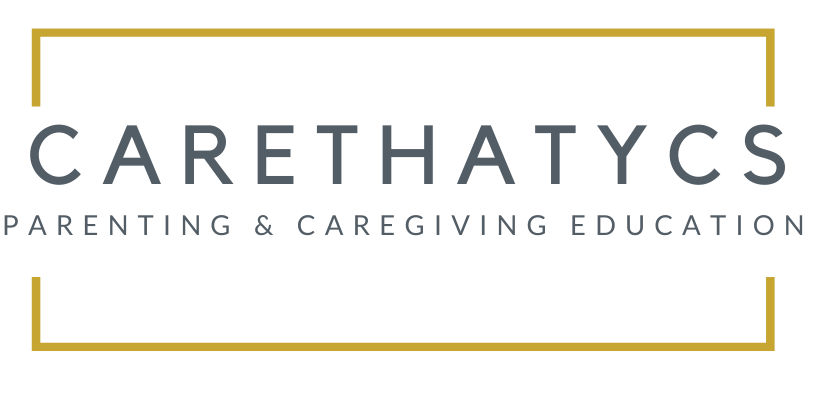We know that most parents are very protective, they want the best for their children and try their best to always be attentive to the wellbeing of their children. It is common for parents to rush to doctors in case of any physical illness, when it is easy to identify an apparent wound or illness. But, often, when the situation is a child with difficulty in social interaction, behavioral challenges at home or school, and has moments of unstoppable anger, parents do not know what to do and are unsure of how to seek help.
It is estimated that one in five children has some emotional or behavioral disorder. We know that parents recognize when something is not right, but their difficulty is in finding out what it is and what to do. So I am writing this article to help you.
How to identify disorders in children
We hope that parents know how to identify potential problems with the child’s psyche and emotional state. However, many parents are unaware of the symptoms and signs of psychological illnesses in their children, and sometimes even in themselves. When, by experience, they know how to identify them, because they are already familiar with psychological disorders, symptoms in adults are often different from what occurs in childhood.
Many children do not know how to describe their emotions and, perhaps, neither identify what afflicts them and what worries them. In addition, there is still a lot of prejudice due to all the stigma related to mental disorders, medication and the costs of treatment, which makes it hard for parents to seek professional help.
What mental health problems can affect children?
Children can have the same mental disorders as adults, although their symptoms appear differently due to their lack of maturity. Children who suffer from depression, unlike adults, do not show sadness, but anger. There are several variations of symptoms. That is why it is necessary to educate yourself, and to know that children may also have the following disorders:
Anxiety disorders
Little ones can develop anxiety disorder, obsessive-compulsive disorder, post-traumatic stress disorder, social phobia and generalized anxiety disorder. Anxiety is a problem that becomes serious when in excess, hindering your daily activities. We know that growing up and going through challenging phases is a normal part of life, but we need to see how healthy or problematic all these challenges are.
Attention deficit hyperactivity disorder (ADHD)
This disorder may be easier to identify, as its symptoms are more apparent, such as difficulty concentrating, lack of attention, hyperactivity and impulsivity. They may even have all of these symptoms, while others may have only one or a few symptoms.
Autism spectrum disorder (ASD)
We call it spectrum because there are several levels within this disorder, so that we say there are no two people on the spectrum who are identical and rarely appear without learning difficulties.
Autism spectrum disorder is a disorder that can be considered serious for child development and it can be diagnosed in early childhood, in most cases, before the age of three. However, recent research shares that the identification of this disorder in females takes time, sometimes in adolescence!
Despite the evidence and depending on the severity of it, ASD by default makes it more difficult for the child to communicate and interact with other people. The good news is that it can be treated early so that the child learns to deal better with the world around them.
Behaviors that can be indicative of psychological problems in children
As much as people say it is fleeting, when the behavior persists, parents tend to to become desperate. Therefore, it is important to pay attention to some signs so that it does not reach this state and you can ask a specialist for help in time. These tips were taken from the book written by Ann Douglas, Parenting Through the Storm: Find Help, Hope and Strength When Your Child Has Psychological Problems.
- The child has more difficulty concentrating at school.
- The little one beats or intimidates other children.
- The child self-mutilates.
- Your child has not interacted with friends and family, in fact, avoids them.
- The child has sudden mood swings.
- The little one lives with emotions running high, with moments of anger or a lot of fear.
- The child has no energy or motivation.
- The little one is having trouble sleeping and has frequent nightmares.
- The child complains a lot about physical pain and discomfort.
- The little one no longer takes care of self – appearance, personal needs, etc .
If your child has some of these symptoms regularly, be aware that they may not be common in their development. And if the family is not experiencing any stressful time or big changes, it may be a sign of a predisposition to psychological illnesses.
The best way to follow the right path is with understanding of the situation and hope; it is also with the help of a specialized psychologist. Try to talk to your little one, listen and help them name their feelings and describe what they feel, where they feel.
Also, talk to teachers and people who spend time with your child to note if they can identify any strange behavior. I would advise keeping a behavior diary, if you know, write down what led to a certain behavior, how long it lasted, etc. Describe the whole scenario and share these inputs with a psychologist, as it may facilitate a possible diagnosis.
Understand that, in these moments, it is important that you also take care of yourself, as you need to be strong to help your little one live and overcome these challenges. Meeting people who are going through or have gone through the same situation helps a lot to not feel isolated. You can always find someone who understands what you are going through because they have been through that same path.
Before ending this article, I feel it is important to note, though, sadly, there is still a lot of misdiagnose in early childhood, especially with children who are English Language Learners. That is why I advise parents – and teachers – to keep a journal and record of the occurrences of the challenging behaviors, triggers, time of the day, and any other details they can think of, to share with the medical professional. The more data you have, the more accurate a diagnosis can be.

